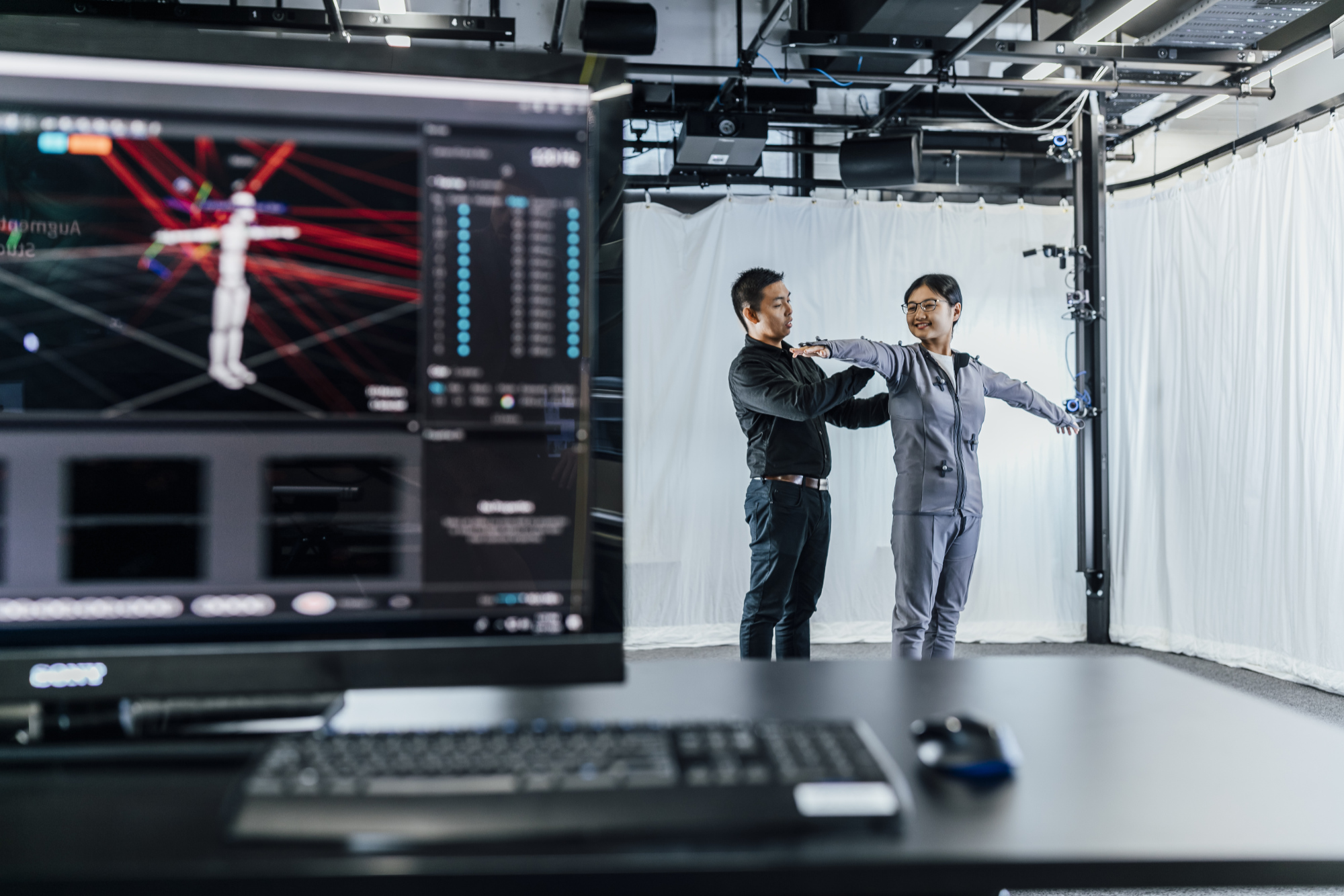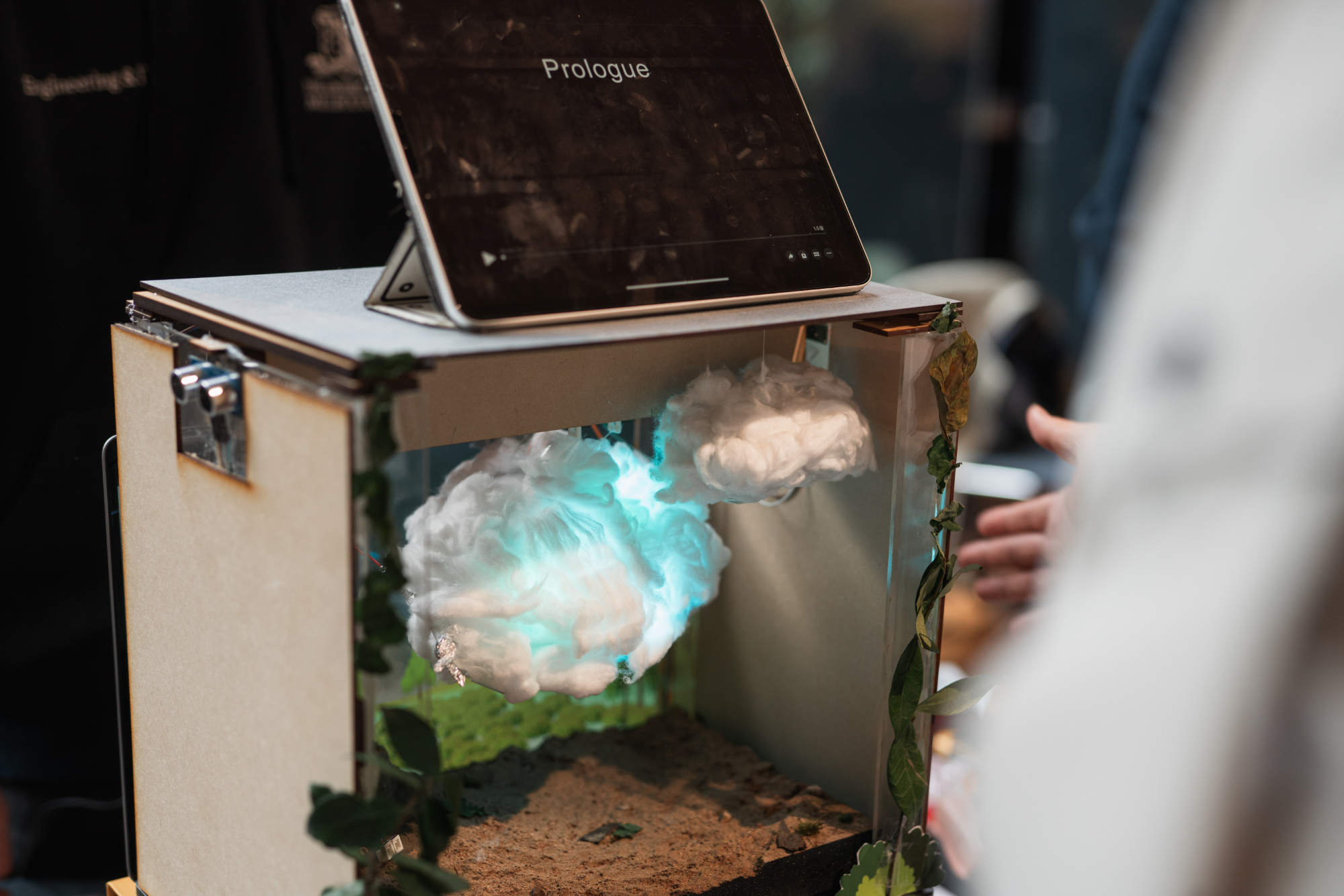
Tasks that used to be extremely difficult, if not impossible, are now becoming everyday reality thanks to the magic of computer science.
For seventy years, our people have shaped the global technology revolution. From commissioning Australia’s first computer, to managing the first internet connections, we’ve seen what’s possible when the world’s greatest minds are empowered to push the boundaries of technology.
*Times Higher Education 2025
Featured content

Our hope is for our students to leave here bursting with enthusiasm for the subject and with ideas that will transform the world over coming decades, with capabilities that are greatly in demand with prospective employers and the future. Our academics are continually going to places no-one has ever gone before, working in research that is both enjoyable and exciting. Professor Uwe Aickelin, Head of School
News and Events
Loading...



